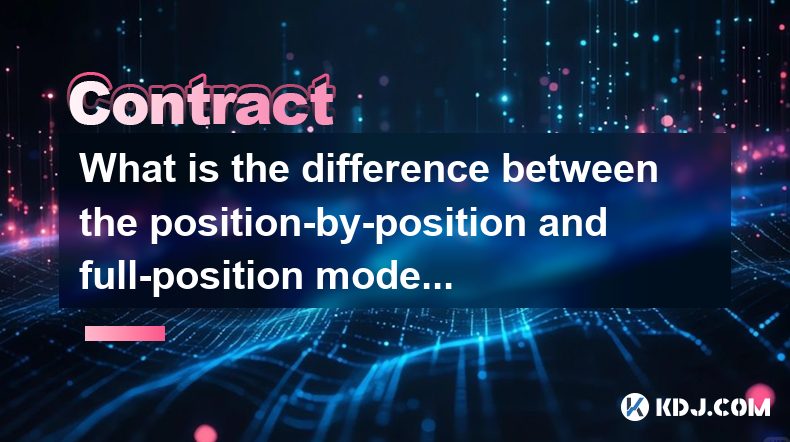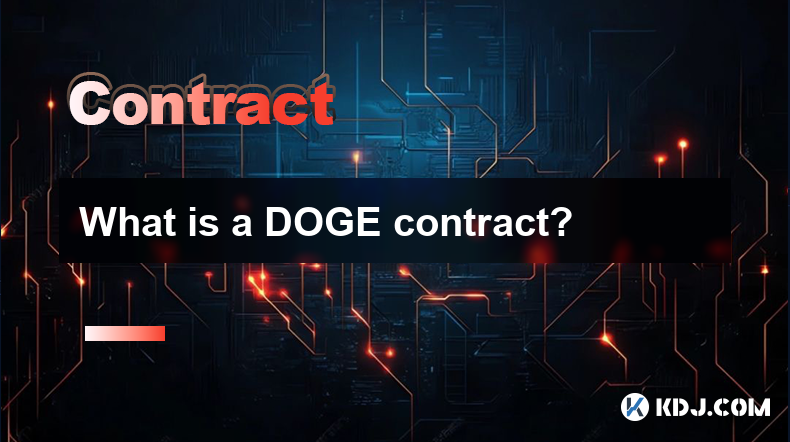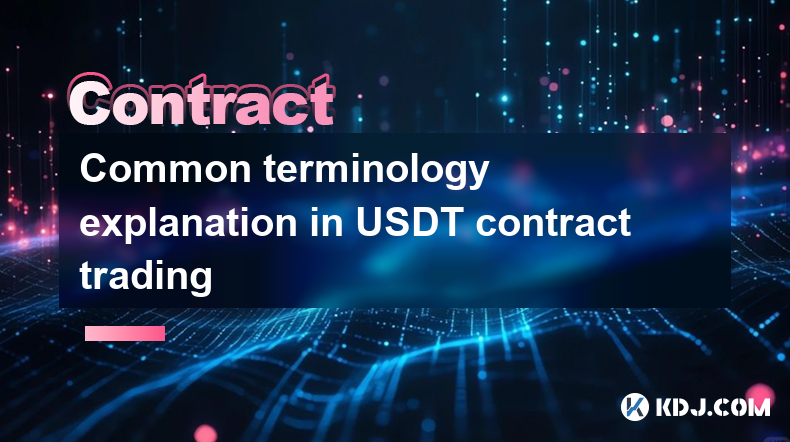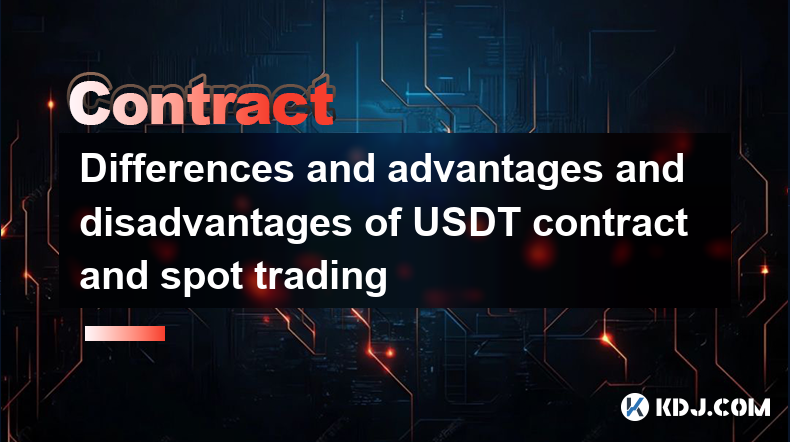-
 Bitcoin
Bitcoin $83,030.3742
0.10% -
 Ethereum
Ethereum $1,883.5304
-3.55% -
 Tether USDt
Tether USDt $0.9997
-0.03% -
 XRP
XRP $2.2378
1.69% -
 BNB
BNB $566.5130
1.90% -
 Solana
Solana $125.0190
-2.29% -
 USDC
USDC $0.9999
-0.03% -
 Cardano
Cardano $0.7300
-0.11% -
 Dogecoin
Dogecoin $0.1695
0.99% -
 TRON
TRON $0.2232
-1.30% -
 Pi
Pi $1.6892
19.54% -
 UNUS SED LEO
UNUS SED LEO $9.6980
-2.01% -
 Chainlink
Chainlink $13.2924
-2.20% -
 Hedera
Hedera $0.1975
-2.07% -
 Stellar
Stellar $0.2575
-0.45% -
 Avalanche
Avalanche $18.4450
3.96% -
 Shiba Inu
Shiba Inu $0.0...01227
0.17% -
 Bitcoin Cash
Bitcoin Cash $356.0979
2.23% -
 Sui
Sui $2.2260
-2.42% -
 Litecoin
Litecoin $91.4261
-0.37% -
 Toncoin
Toncoin $2.7251
0.57% -
 MANTRA
MANTRA $6.4830
1.97% -
 Polkadot
Polkadot $3.9749
-3.10% -
 Ethena USDe
Ethena USDe $0.9993
-0.01% -
 Dai
Dai $0.9999
0.00% -
 Bitget Token
Bitget Token $4.1911
0.04% -
 Hyperliquid
Hyperliquid $12.7845
-10.14% -
 Monero
Monero $207.4420
-2.51% -
 Uniswap
Uniswap $5.8250
-6.17% -
 Aptos
Aptos $5.1223
-8.08%
How to trade contracts on Gate.io
Gate.io offers contract trading services, enabling users to speculate on the future price movements of cryptocurrencies and other assets using leverage.
Nov 17, 2024 at 04:38 pm

How to Trade Contracts on Gate.io
Gate.io, a leading cryptocurrency exchange, offers a comprehensive suite of trading services, including contract trading. This guide will provide step-by-step instructions on how to navigate the Gate.io platform and execute contract trades effectively.
1. Create an Account on Gate.io
To access the contract trading services, you must first create an account on Gate.io. Visit the official Gate.io website and click on "Sign Up" located at the top right corner of the page. Fill in the required information, such as your email address, password, and country of residence, and agree to the Terms of Service. Afterward, you will receive an email confirmation to activate your account.
2. Verify Your Identity
To ensure the security of your account and comply with regulatory requirements, Gate.io requires users to complete the Know Your Customer (KYC) verification process. Click on the "Account Verification" option in the Accounts tab and provide your personal information, such as your full name, date of birth, contact number, and a photo of your government-issued ID. The verification process typically takes a few days to complete.
3. Fund Your Account
To start trading contracts, you need to deposit funds into your Gate.io account. Navigate to the "Deposit" section in the Accounts tab, select your preferred cryptocurrency, and generate a deposit address. Transfer funds from your external wallet or exchange to the provided address. The processing time for deposits varies depending on the network congestion.
4. Understand Contract Trading
Contract trading, also known as derivative trading, involves speculating on the future price movements of an underlying asset without directly owning it. Traders can either take long positions (betting on a price increase) or short positions (betting on a price decrease). Contract trading utilizes leverage, which allows traders to multiply their potential profits but also amplifies their potential losses. Therefore, it is crucial to understand the risks and strategies involved before engaging in contract trading.
5. Choose a Contract
Gate.io offers a wide range of contract pairs based on different cryptocurrencies, indices, and commodities. Each contract has its unique specifications, such as the underlying asset, contract size, leverage ratio, and expiration date. Carefully review these details and select a contract that aligns with your trading strategy and risk tolerance.
6. Place Your Order
To place a contract order, navigate to the "Futures" section in the Trade tab and select the desired contract pair. The order form will allow you to enter various parameters, including the order type (market, limit, or stop), the order size (in number of contracts), the target price (for limit orders), and the leverage ratio.
1. Market Order: Executes immediately at the current market price.
2. Limit Order: Executes when the market price reaches a specified target price.
3. Stop Order: Executes when the market price reaches a specified trigger price, either for entry or exit.
7. Manage Your Positions
Once an order is executed, it will appear in your "Positions" tab. Here, you can monitor the performance of your positions, adjust your leverage, or close your positions to realize profits or cut losses. It is recommended to set stop-loss and take-profit orders to limit potential risks.
8. Withdraw Funds
Upon successful trading, you may want to withdraw your profits. Navigate to the "Withdraw" section in the Accounts tab, select your preferred cryptocurrency, and enter the withdrawal address. The withdrawal process typically takes several hours to complete.
Additional Tips
- Conduct thorough research on contract trading before executing trades.
- Start with small trade sizes until you gain confidence and experience.
- Utilize stop-loss and take-profit orders to manage your risks.
- Monitor market conditions closely and adjust your positions accordingly.
- Consider diversifying your portfolio across different contracts to reduce overall risk exposure.
- Seek professional guidance or consult experienced traders if needed.
Disclaimer:info@kdj.com
The information provided is not trading advice. kdj.com does not assume any responsibility for any investments made based on the information provided in this article. Cryptocurrencies are highly volatile and it is highly recommended that you invest with caution after thorough research!
If you believe that the content used on this website infringes your copyright, please contact us immediately (info@kdj.com) and we will delete it promptly.
- As of February 20, 2025, Dogecoin (DOGE) was trading at $0.241385. It has once more been creating waves in the crypto market.
- 2025-03-13 03:10:50
- BTFD Coin (BTFD) – The Best Meme Coin Presale with 3650% ROI Potential
- 2025-03-13 03:10:50
- Today, Floki Inu (FLOKI) Is Trading at $0.00006048—a Figure That Reflects a Short-Term 3.33% Gain Over the Past 24 Hours
- 2025-03-13 03:10:50
- Pi Network Core Team Wallets Hold 82% of the Total 100 Billion Supply
- 2025-03-13 03:10:50
- Bittensor (TAO) Price Prediction for March: Will It Reach $750?
- 2025-03-13 03:10:50
- Shaurya Malwa Stands as a Towering Figure in the Vibrant World of Cryptocurrencies
- 2025-03-13 03:05:50
Related knowledge

What are the similarities and differences between DOGE contract and Bitcoin contract?
Mar 12,2025 at 12:06pm
Key Points:Both DOGE and Bitcoin contracts offer leveraged trading, allowing traders to magnify potential profits (and losses).Key differences lie in volatility, market capitalization, and underlying asset characteristics. DOGE is significantly more volatile than Bitcoin.Trading fees and leverage limits can vary between exchanges offering these contract...

What is the difference between the position-by-position and full-position modes of a DOGE contract?
Mar 12,2025 at 09:20pm
Key Points:Position-by-Position Mode: Trades are executed individually, allowing for greater control and flexibility but potentially higher transaction fees. Margin usage is managed per trade.Full-Position Mode: All trades are aggregated into a single position, simplifying margin management but limiting individual trade control. Margin is managed for th...

What is a DOGE contract?
Mar 12,2025 at 09:01am
Key Points:DOGE contracts, unlike traditional contracts, are agreements executed on a blockchain using smart contracts.These contracts leverage the Dogecoin (DOGE) cryptocurrency for payments or collateral.Several types of DOGE contracts exist, including futures, options, and perpetual swaps.Risks associated with DOGE contracts include price volatility,...

Common terminology explanation in USDT contract trading
Mar 07,2025 at 04:36am
Key Points:USDT, a stablecoin pegged to the US dollar, is widely used in cryptocurrency contract trading.Understanding USDT contract trading involves grasping leverage, margin, liquidation, and perpetual contracts.Risk management is crucial, necessitating careful consideration of position sizing, stop-loss orders, and market volatility.Various exchanges...

Differences and advantages and disadvantages of USDT contract and spot trading
Mar 11,2025 at 12:27pm
Key Points:USDT Spot Trading: Involves directly buying and selling USDT for another cryptocurrency or fiat currency. Price is determined by market supply and demand.USDT Perpetual Contract Trading: Involves trading a contract that tracks the price of USDT against another cryptocurrency. Leverage is used, amplifying both profits and losses. No delivery o...

Position management skills in USDT contract trading
Mar 07,2025 at 08:42am
Key Points:Understanding position sizing is crucial for risk management in USDT contract trading.Leverage utilization significantly impacts potential profits and losses.Effective position management involves adapting to market volatility and your risk tolerance.Diversification across different trading pairs can reduce overall portfolio risk.Utilizing st...

What are the similarities and differences between DOGE contract and Bitcoin contract?
Mar 12,2025 at 12:06pm
Key Points:Both DOGE and Bitcoin contracts offer leveraged trading, allowing traders to magnify potential profits (and losses).Key differences lie in volatility, market capitalization, and underlying asset characteristics. DOGE is significantly more volatile than Bitcoin.Trading fees and leverage limits can vary between exchanges offering these contract...

What is the difference between the position-by-position and full-position modes of a DOGE contract?
Mar 12,2025 at 09:20pm
Key Points:Position-by-Position Mode: Trades are executed individually, allowing for greater control and flexibility but potentially higher transaction fees. Margin usage is managed per trade.Full-Position Mode: All trades are aggregated into a single position, simplifying margin management but limiting individual trade control. Margin is managed for th...

What is a DOGE contract?
Mar 12,2025 at 09:01am
Key Points:DOGE contracts, unlike traditional contracts, are agreements executed on a blockchain using smart contracts.These contracts leverage the Dogecoin (DOGE) cryptocurrency for payments or collateral.Several types of DOGE contracts exist, including futures, options, and perpetual swaps.Risks associated with DOGE contracts include price volatility,...

Common terminology explanation in USDT contract trading
Mar 07,2025 at 04:36am
Key Points:USDT, a stablecoin pegged to the US dollar, is widely used in cryptocurrency contract trading.Understanding USDT contract trading involves grasping leverage, margin, liquidation, and perpetual contracts.Risk management is crucial, necessitating careful consideration of position sizing, stop-loss orders, and market volatility.Various exchanges...

Differences and advantages and disadvantages of USDT contract and spot trading
Mar 11,2025 at 12:27pm
Key Points:USDT Spot Trading: Involves directly buying and selling USDT for another cryptocurrency or fiat currency. Price is determined by market supply and demand.USDT Perpetual Contract Trading: Involves trading a contract that tracks the price of USDT against another cryptocurrency. Leverage is used, amplifying both profits and losses. No delivery o...

Position management skills in USDT contract trading
Mar 07,2025 at 08:42am
Key Points:Understanding position sizing is crucial for risk management in USDT contract trading.Leverage utilization significantly impacts potential profits and losses.Effective position management involves adapting to market volatility and your risk tolerance.Diversification across different trading pairs can reduce overall portfolio risk.Utilizing st...
See all articles

















































































